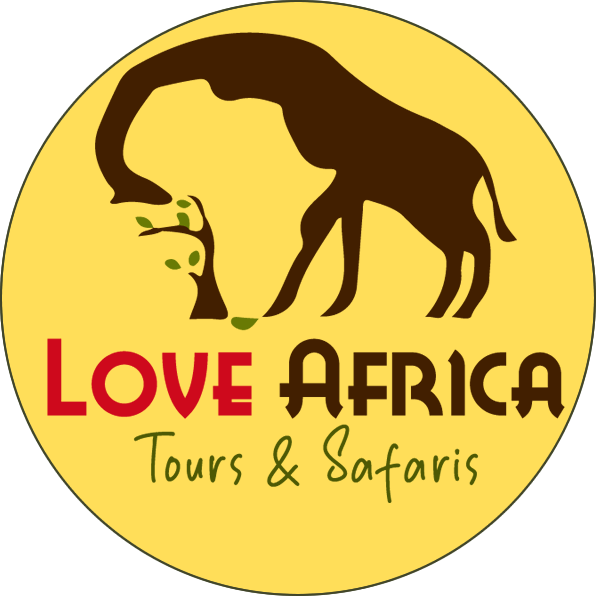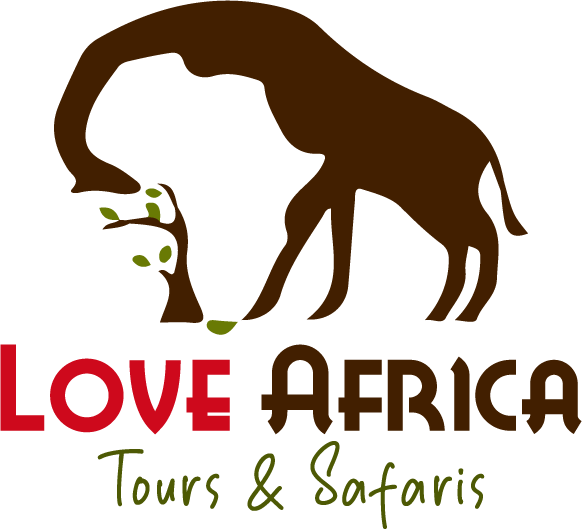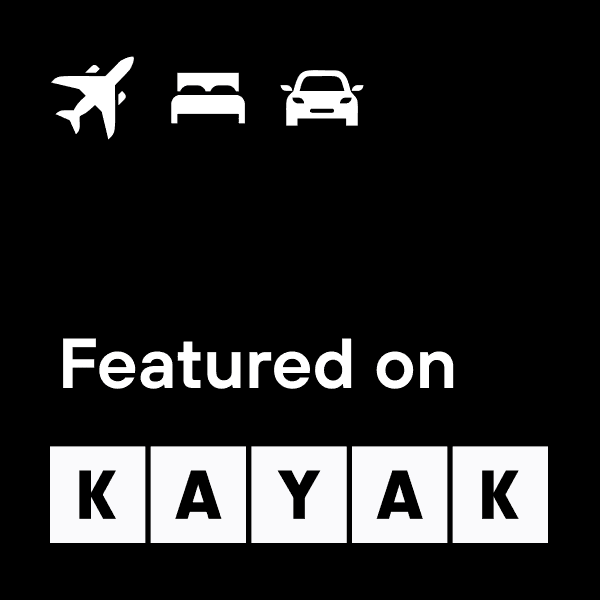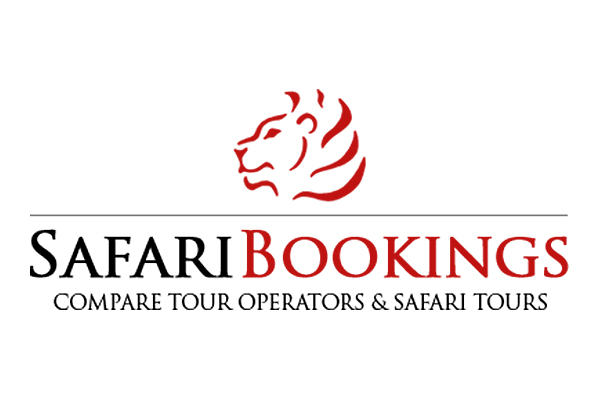The Steep Price of Scaling Kilimanjaro
Mount Kilimanjaro, standing majestically at 19,341 feet above sea level, is not only Africa’s tallest peak but also one of the most sought-after destinations for adventurous travelers and avid hikers. However, the cost of conquering this iconic mountain is not to be underestimated. From permits and gear to guides and accommodation, scaling Kilimanjaro comes with a hefty price tag that requires careful financial planning.
One of the major expenses when climbing Kilimanjaro is the climbing permit. As of 2021, the cost of a climbing permit ranges from $60 to $100 per day, depending on the route chosen. With most routes taking between 5 to 8 days to complete, the permit cost alone can add up significantly. Additionally, climbers are required to hire a certified guide, which is not only a safety precaution but also a mandatory requirement by the Tanzanian authorities. Guide fees can range from $20 to $30 per day, excluding tips, which are customary at the end of the climb.
Another financial consideration when climbing Kilimanjaro is the cost of gear and equipment. Proper clothing, footwear, and camping gear are essential for a successful summit attempt, and investing in high-quality gear is crucial to ensure safety and comfort during the climb. While some gear can be rented locally, it is recommended to bring your own to ensure proper fit and functionality. The cost of purchasing or renting gear can vary depending on the quality and brand, but it is important to budget accordingly to avoid any last-minute expenses.
Accommodation and meals on the mountain are another cost to factor in when planning a Kilimanjaro climb. Most climbers opt for organized tours that include meals and accommodation in tents or mountain huts along the route. These packages can range from budget to luxury options, with prices varying based on the level of comfort and amenities provided. It is important to consider dietary restrictions and preferences when choosing a tour package, as special meals or accommodations may incur additional costs.
Transportation to and from Kilimanjaro International Airport, as well as any pre or post-climb accommodation in the nearby town of Moshi, should also be included in the overall budget for the climb. Flights, airport transfers, and hotel stays can all add up, so it is important to research and book these services in advance to secure the best rates.
In conclusion, climbing Kilimanjaro is a once-in-a-lifetime experience that comes with a price. From permits and guides to gear and accommodation, the cost of conquering Africa’s tallest peak can be significant. However, with careful financial planning and budgeting, the dream of standing on the Roof of Africa is within reach for those willing to take on the challenge.





